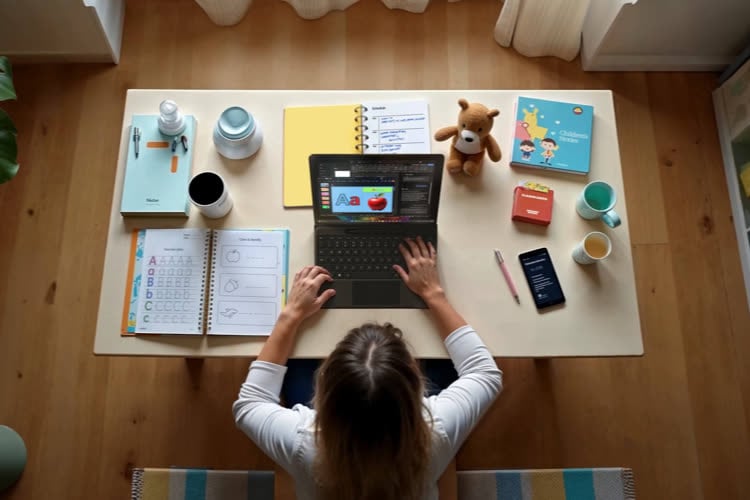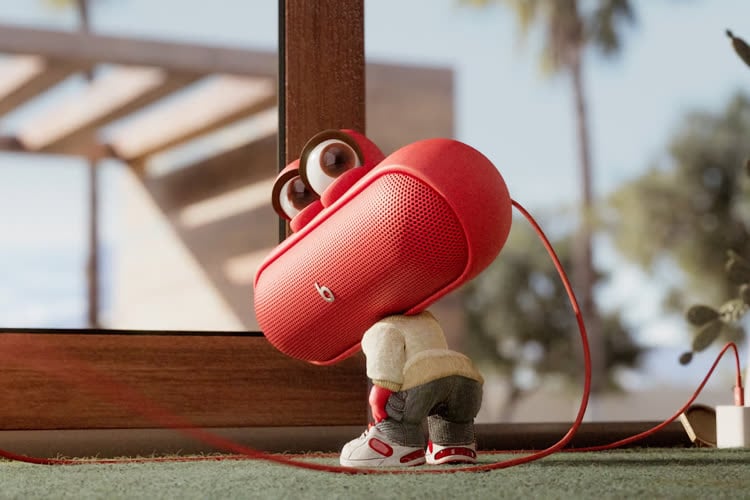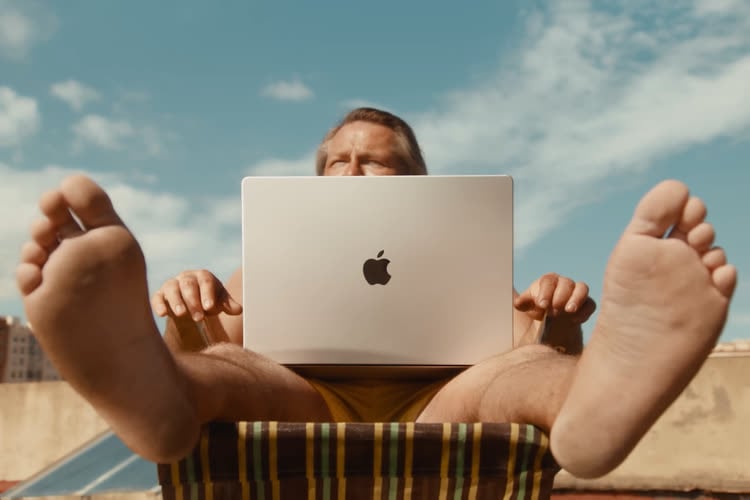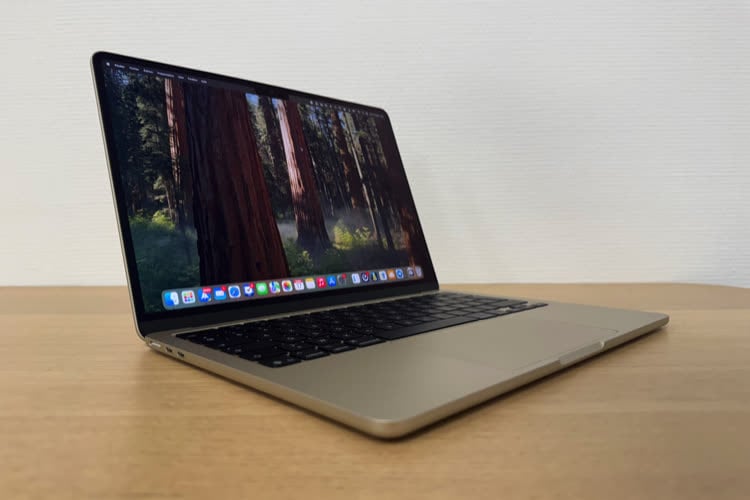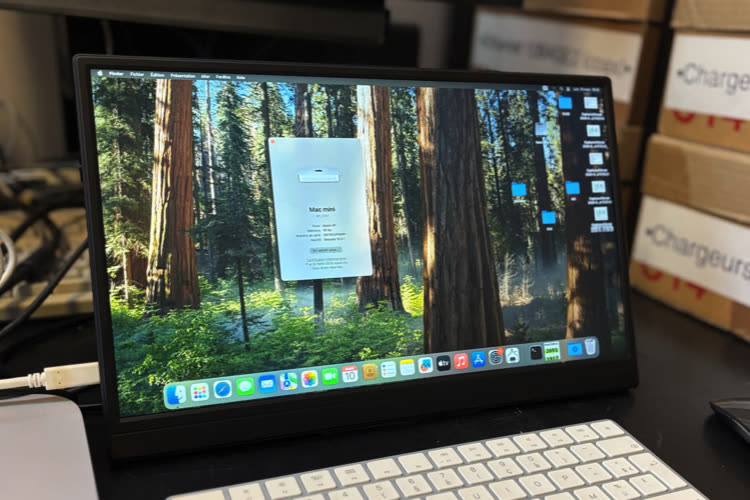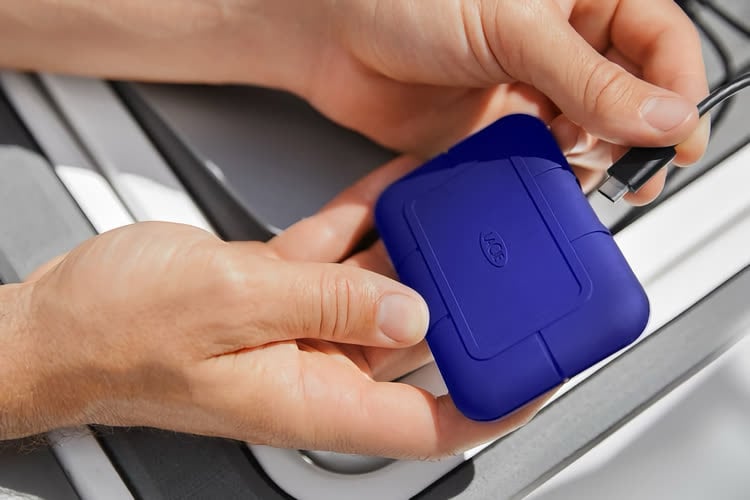Apple et la Federal Trade Commission américaine ont trouvé un accord à l'amiable autour des achats In-App effectués à tort par certains utilisateurs. Dans un long email adressé par Tim Cook aux salariés et reproduit par 9to5mac, le patron d'Apple revient sur ce dossier. Il avait démarré lorsque des parents s'étaient émus que leurs enfants avaient pu effectuer des achats In-App sans leur accord.

Cook rappelle que des mesures de protection parentales ont été ajoutées progressivement dans iOS. Dès 2008, avec l'ouverture de l'App Store, la première d'entre elles faisait qu'au bout de 15 minutes, après avoir donné son mot de passe, la fenêtre durant laquelle un achat pouvait être fait, se refermait automatiquement. Ce délai, court a priori, restait toutefois suffisant pour les plus malins des jeunes utilisateurs. D'où l'ajout de réglages supplémentaires pour empêcher, par exemple, purement et simplement toute forme d'achats (d'autres plateformes proposent des sessions utilisateurs adaptés aux enfants sur leurs tablettes, mais c'est un autre débat, ndr).
Le patron d'Apple explique qu'en 2013, sa société a contacté 28 millions de clients qui ont pu être concernés par ces achats In-App au sein de jeux pour les enfants. Lorsque les emails ne fonctionnaient plus, Apple envoyait un courrier plus classique. Au final, 37 000 demandes de remboursements ont été retournées par des clients et elles seront honorées.
Le problème, explique Cook, est que l'agence de protection des consommateurs s'est également saisie de l'affaire et a laissé planer la menace d'une nouvelle plainte pour des faits identiques. Alors même qu'un juge fédéral avait estimé suffisante l'action d'Apple et refermé le dossier. Une double peine en perspective donc pour Apple. Après plusieurs mois de négociations, la Pomme a cependant accepté de signer un arrangement avec la FTC, explique Cook. Car l'agence américaine n'avait aucune autre exigence que celles qu'avait déjà remplies l'entreprise dans le premier épisode de ce dossier.
Dans son communiqué la FTC donne plus de détails. Elle parle d'un montant minimum à payer de 32,5 millions de dollars (23,9 millions d'euros). Elle reprochait aussi à Apple de ne pas informer les utilisateurs de la période de 15 minutes qui restait possible pour conduire d'autres achats. La FTC cite le cas d'un client qui a vu son enfant dépenser jusqu'à 2600$ en In-App, un autre 500$.
Apple devra aussi modifier avant le 31 mars la manière dont elle facture ces achats, de manière à obtenir une autorisation expresse du client avant de débiter la somme dépensée. Si le client donne également son autorisation pour des achats futurs, il doit aussi pouvoir révoquer à tout moment cette autorisation.
Team,
I want to let you know that Apple has entered into a consent decree with the U.S. Federal Trade Commission. We have been negotiating with the FTC for several months over disclosures about the in-app purchase feature of the App Store, because younger customers have sometimes been able to make purchases without their parents’ consent. I know this announcement will come as a surprise to many of you since Apple has led the industry by making the App Store a safe place for customers of all ages.
From the very beginning, protecting children has been a top priority for the App Store team and everyone at Apple. The store is thoughtfully curated, and we hold app developers to Apple’s own high standards of security, privacy, usefulness and decency, among others. The parental controls in iOS are strong, intuitive and customizable, and we’ve continued to add ways for parents to protect their children. These controls go far beyond the features of other mobile device and OS makers, most of whom don’t even review the apps they sell to children.
When we introduced in-app purchases in 2009, we proactively offered parents a way to disable the function with a single switch. When in-app purchases were enabled and a password was entered to download an app, the App Store allowed purchases for 15 minutes without requiring a password. The 15-minute window had been there since the launch of the App Store in 2008 and was aimed at making the App Store easy to use, but some younger customers discovered that it also allowed them to make in-app purchases without a parent’s approval.
We heard from some customers with children that it was too easy to make in-app purchases, so we moved quickly to make improvements. We even created additional steps in the purchasing process, because these steps are so helpful to parents.
Last year, we set out to refund any in-app purchase which may have been made without a parent’s permission. We wanted to reach every customer who might have been affected, so we sent emails to 28 million App Store customers – anyone who had made an in-app purchase in a game designed for kids. When some emails bounced, we mailed the parents postcards. In all, we received 37,000 claims and we will be reimbursing each one as promised.
A federal judge agreed with our actions as a full settlement and we felt we had made things right for everyone. Then, the FTC got involved and we faced the prospect of a second lawsuit over the very same issue.
It doesn’t feel right for the FTC to sue over a case that had already been settled. To us, it smacked of double jeopardy. However, the consent decree the FTC proposed does not require us to do anything we weren’t already going to do, so we decided to accept it rather than take on a long and distracting legal fight.
The App Store is one of Apple’s most important innovations, and it’s wildly popular with our customers around the world because they know they can trust Apple. You and your coworkers have helped Apple earn that trust, which we value and respect above all else.
Apple is a company full of disruptive ideas and innovative people, who are also committed to upholding the highest moral, legal and ethical standards in everything we do. As I’ve said before, we believe technology can serve humankind’s deepest values and highest aspirations. As Apple continues to grow, there will inevitably be scrutiny and criticism along our journey. We don’t shy away from these kinds of questions, because we are confident in the integrity of our company and our coworkers.
Thank you for the hard work you do to delight our customers, and for showing them at every turn that Apple is worthy of their trust.
Tim
